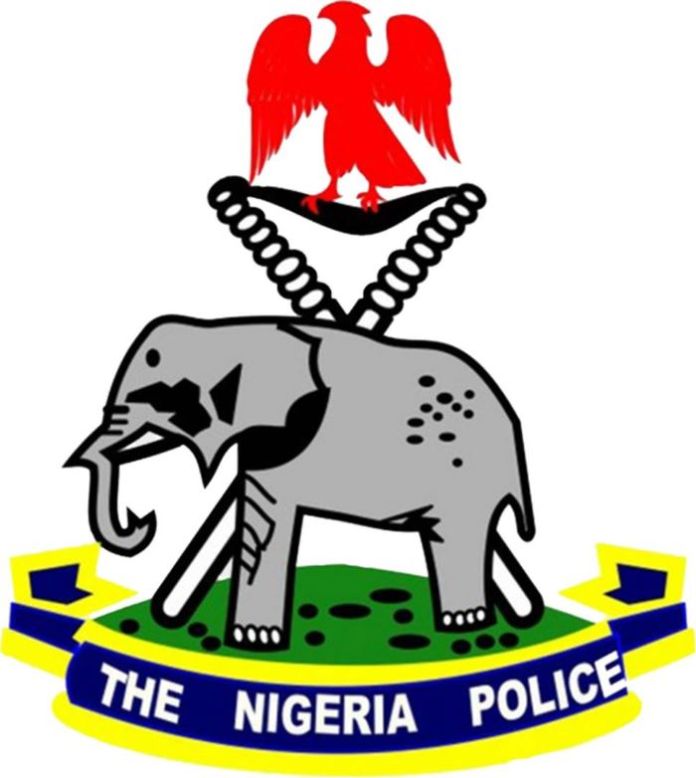Preparations are in top gear for the Africa Tech Alliance Forum (AfriTECH 5.0) as leading players in Nigeria’s technology and digital economy. Digital Encode Limited, the platinum sponsor of this year’s Africa Tech Alliance Forum (AfriTECH 5.0), will be joined by AfriGOpay Financial Services Ltd, ActivEdge Technologies, Tizel Cybersecurity, and Tecom Concepts Limited as Gold sponsors of the event.
The four companies, accompanied by other gold sponsors, are itel, SKOT Communications, Internet Exchange Point of Nigeria (IXPN), and Digital Realty, with the Nigerian Communications Commission offering partner support. They will showcase cutting-edge solutions across cybersecurity, telecom infrastructure, and payment innovation, reflecting AfriTECH’s goal of promoting Africa’s digital independence and resilience.
Slated for Thursday, November 13, 2025, at the Oriental Hotel, Lekki, Lagos, the fifth edition of AfriTECH will be held under the theme “AI & Sovereign Tech: Building Africa’s Digital Independence.”
AfriGOpay: Driving Inclusion through Homegrown Payment Infrastructure
AfriGOpay Financial Services Ltd (AFSL), operator of Nigeria’s domestic card scheme AfriGO, will feature prominently at AfriTECH 5.0.
Backed by the Central Bank of Nigeria (CBN), AfriGOpay is advancing financial inclusion, reducing transaction costs, and promoting local innovation in payments.
The firm will showcase its growing suite of debit, prepaid, credit, and virtual cards, alongside contactless “tap-to-pay” technology, designed to support Nigeria’s cashless policy and empower millions of consumers and businesses.
“AfriGOpay’s presence at AfriTECH 5.0 underscores our vision of building a secure, inclusive, and self-sustaining payments ecosystem,” said Dr. Ebehijie Momoh, MD/CEO of AfriGOpay Financial Services Ltd. “We look forward to engaging innovators and policymakers to advance financial access across Africa.”
ActivEdge Technologies: Powering Secure Digital Transformation across Africa
Operating in Nigeria, Ghana, Kenya, Uganda, and Zimbabwe, ActivEdge Technologies is a pan-African IT solutions provider specialising in cloud infrastructure, enterprise applications, cybersecurity, and digital innovation.
At AfriTECH 5.0, the company will highlight its Zero-Trust security frameworks, digital transformation tools, and enterprise-grade cloud platforms that enable secure modernisation for public and private institutions.

“Our mission is to help organisations innovate confidently by embedding security into every layer of transformation,” said Mr George Agu, CEO of ActivEdge Technologies. “AfriTECH provides an ideal platform to showcase how African enterprises can adopt global-standard solutions built for local realities.”
Tizel Cybersecurity: Safeguarding Africa’s Digital Future
Tizel Cybersecurity continues to make waves in Nigeria’s digital economy with its broad range of services spanning threat detection, network protection, data security, and cybersecurity training.
At AfriTECH 5.0, Tizel will demonstrate how enterprises can manage secure digital transformation and regulatory compliance amid an increasingly complex cyber-threat landscape.
Happiness Obioha, CEO of Tizel Cybersecurity, said attendees can expect “live threat-detection demos, compliance workshops, and interactive sessions on data protection and incident response.”
Tecom Concepts: Bridging Telecom and Cybersecurity
Tecom Concepts Limited, a provider of ICT and telecom solutions, is recognized for strategic partnerships and certifications that drive connectivity and resilience.
The company recently partnered with PECB to offer ISO/IEC 27001 information-security training across Nigeria and with Cambium Networks to deliver next-generation wireless networking solutions.
At AfriTECH 5.0, Tecom will exhibit enterprise-grade broadband and Wi-Fi equipment, access-control systems, and optical-networking solutions, showcasing how secure connectivity underpins Africa’s digital growth.
A Convergence of Security, Connectivity, and Inclusion
The participation of AfriGOpay, ActivEdge, Tizel, and Tecom underscores the synergy between security, infrastructure, and inclusion, three pillars vital to Africa’s digital transformation.
According to Mr. Chike Onwuegbuchi, Co-Convener of AfriTECH 5.0, “Whether it’s safeguarding data, building robust networks, or enabling inclusive payment systems, these companies are advancing the shared vision of a safer, smarter, and more independent digital Africa.”
AfriTECH is an annual technology leadership forum convening policymakers, innovators, entrepreneurs, and investors to discuss strategies for sustainable digital transformation across Africa.
The 2025 edition will feature keynote sessions, exhibitions, and panels on emerging technologies, including AI, fintech, cybersecurity, and cloud infrastructure.




















